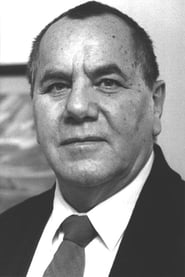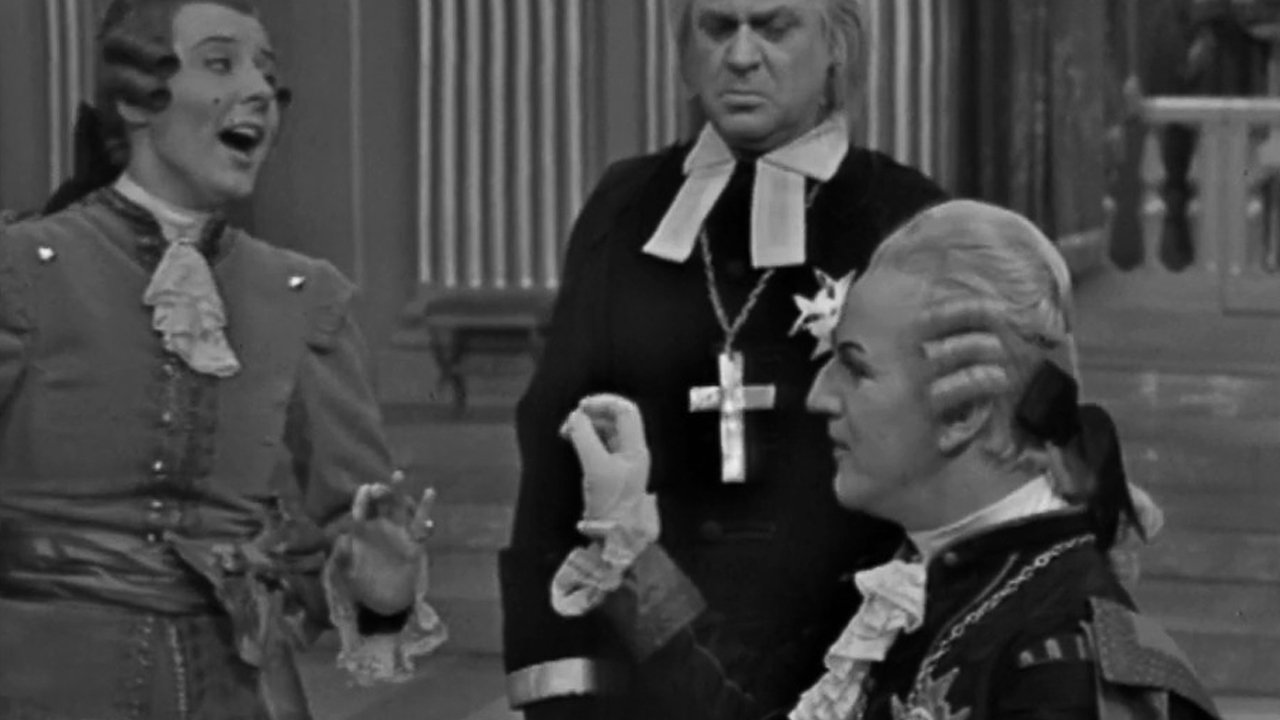
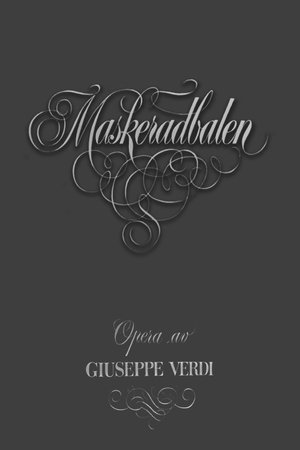
Maskeradbalen(1965)
Göran Gentele's production of Verdi's Un ballo in maschera premiered on television on New Year's Day 1965. Gentele's version is an adaptation in which some of the roles have changed names and locations. The opera is sung in Swedish, and the translation was done by Erik Lindegren.
Movie: Maskeradbalen
Top 3 Billed Cast

Maskeradbalen
HomePage
Overview
Göran Gentele's production of Verdi's Un ballo in maschera premiered on television on New Year's Day 1965. Gentele's version is an adaptation in which some of the roles have changed names and locations. The opera is sung in Swedish, and the translation was done by Erik Lindegren.
Release Date
1965-01-01
Average
0
Rating:
0.0 startsTagline
Genres
Languages:
svenskaKeywords
Similar Movies
 7.1
7.1The Phantom of the Opera(en)
The deformed Phantom who haunts the Paris Opera House causes murder and mayhem in an attempt to make the woman he loves a star.
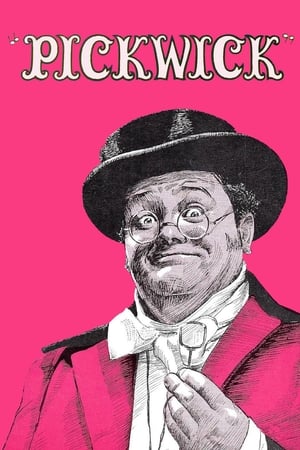 0.0
0.0Pickwick(en)
Pickwick is a British television musical made by the BBC in 1969 and based on the 1963 stage musical Pickwick, which in turn was based on the 1837 novel The Pickwick Papers written by Charles Dickens. It stars Harry Secombe as Samuel Pickwick and Roy Castle as Sam Weller. This television production was based on the stage musical Pickwick which had been a commercial success. It was adapted for the screen by James Gilbert and Jimmy Grafton. The musical had premiered in the West End in 1963, again with Harry Secombe in the lead role. Running at 90 minutes and made in colour, the TV musical again had lyrics by Leslie Bricusse and a score by Cyril Ornadel. The book was by Wolf Mankowitz and it was directed by Terry Hughes. The programme was first transmitted on 11 June 1969 and again on 26 December 1969. One of the better known songs from the score is "If I Ruled the World". The cast of this production differed somewhat from that of the stage musical.
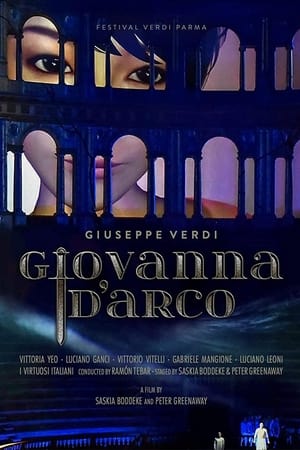 0.0
0.0Giovanna D'Arco(en)
With more than 50 years of experience as film director, Peter Greenaway (Nightwatching, Eisenstein in Guanajuato) combines the worlds of film and opera at the Verdi Festival in Parma, demonstrating what magic those two can do together with an all new approach to Giuseppe Verdi's Giovanna d'Arco, staged and edited by himself and his wife, Saskia Boddeke. The opera's libretto is based on Friedrich Schiller's 'The Maid of Orleans'. It tells the story of the French national hero Jeanne d'Arc, who defends her country against the English troops during the Hundred Years' War. Constantly torn between her humble roots, her love for King Charles VII and her heavenly task to fight for France, she gains eternal glory by giving her life in the final, victorious battle against England.
Lady Macbeth of Mtsensk(ru)
A young woman, married to a wealthy man, but miserably lonely; trapped within a world ruled with an iron fist. Katerina is driven by a lust for life and for love. Her husband, though, is impotent; her father-in-law a tyrant. No wonder, then, that she longs to free herself from this yoke. When Sergei starts work on the family estate, she sees in him a chance for salvation. However, their subsequent affair marks the beginning of a descent into crime.
 7.5
7.5Siegfried(de)
Siegfried is the third of the four operas that constitute Der Ring des Nibelungen (The Ring of the Nibelung), by Richard Wagner.
 8.0
8.0Amadeus(en)
Disciplined Italian composer Antonio Salieri becomes consumed by jealousy and resentment towards the hedonistic and remarkably talented young Viennese composer Wolfgang Amadeus Mozart.
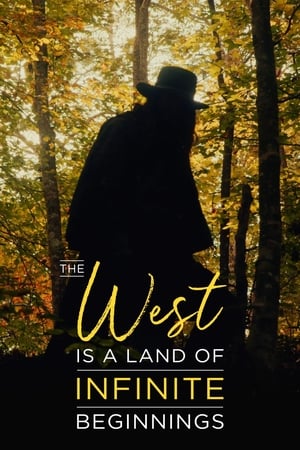 0.0
0.0The West is a Land of Infinite Beginnings(en)
Alone in the woods, a young man is pursued by a horrifying specter and by visions of his deceased sisters. A meditation on the precarious uncertainty of the American Dream and the role that uncontrollable forces play in our lives, The West is a Land of Infinite Beginnings is inspired by a harrowing scene from the opera Proving Up, by composer Missy Mazzoli and librettist Royce Vavrek.
 0.0
0.0Così fan tutte - Salzburger Festspiele 2020(it)
As Christof Loy put it: Così fan tutte invites us to embrace the complexity of life and face the future with heads held high. In his staging of the version he abridged with Joana Mallwitz for the Salzburg Festival 2020 the focus is wholly on the figures and the subtle choreography of their emotional states — in a space that like a magnifying glass exposes the intricate mechanisms between the characters. In this way the production leads the protagonists and the audience to experience the ‘serene calm’ that can perhaps indeed cure our own ‘distempers’.
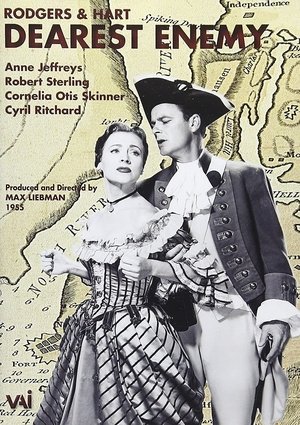 0.0
0.0Dearest Enemy(en)
This live TV adaptation of the Broadway musical "Dearest Enemy" from 1925 is based on an American Revolutionary War incident in September 1776 when Mary Lindley Murray, under orders from General George Washington, detained General William Howe and his British troops by serving them cake, wine and conversation in her Kips Bay, Manhattan home long enough for some 4,000 American soldiers, fleeing their loss in the Battle of Brooklyn, to reassemble in Washington Heights and join reinforcements to make a successful counterattack.
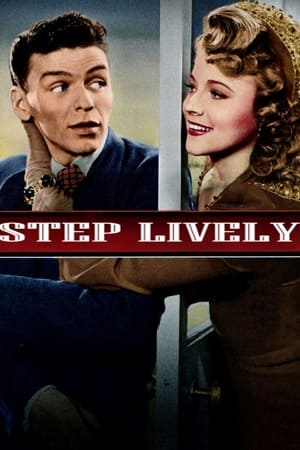 6.0
6.0Step Lively(en)
Fly-by-night producers dodge bill collectors while trying for one big hit.
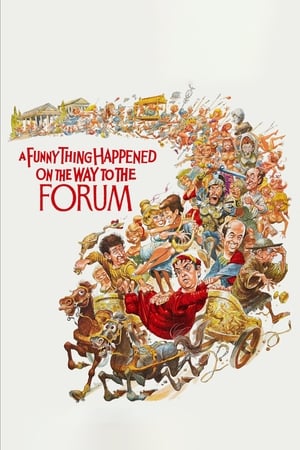 6.0
6.0A Funny Thing Happened on the Way to the Forum(en)
A wily slave must unite a virgin courtesan and his young smitten master to earn his freedom.
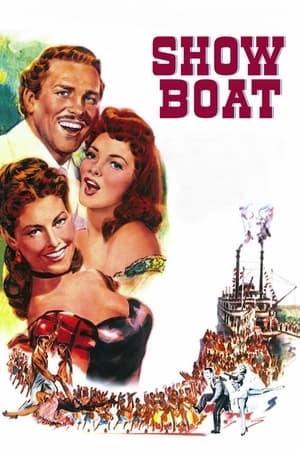 6.1
6.1Show Boat(en)
A dashing Mississippi river gambler wins the affections of the daughter of the owner of the Show Boat.
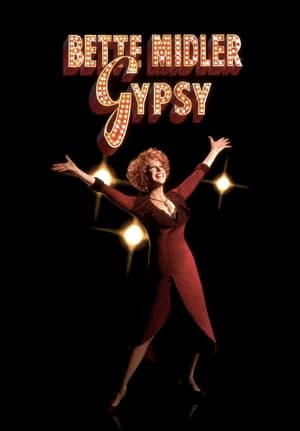 6.4
6.4Gypsy(en)
Rose Hovick lives to see her daughter June succeed on Broadway by way of vaudeville. When June marries and leaves, Rose turns her hope and attention to her elder, less obviously talented, daughter Louise. However, having her headlining as a stripper at Minsky's Burlesque is not what she initially has in mind.
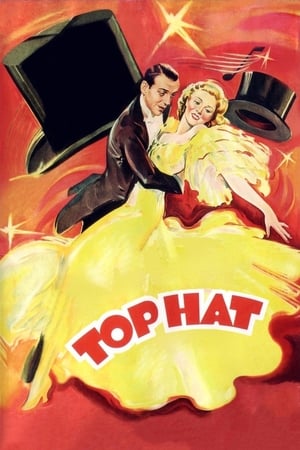 7.3
7.3Top Hat(en)
Showman Jerry Travers is working for producer Horace Hardwick in London. Jerry demonstrates his new dance steps late one night in Horace's hotel room, much to the annoyance of sleeping Dale Tremont below. She goes upstairs to complain and the two are immediately attracted to each other. Complications arise when Dale mistakes Jerry for Horace.
Lazebník sevillský(cs)
A popular production from 2021, straight from the historic building of the National Theatre. This star-studded title is directed by experienced director Magdalena Švecová, with soloists, the National Theatre Orchestra and Choir, and conducted by Jaroslav Kyzlink. The Barber of Seville was composed by the then 23-year-old Gioachino Rossini in just three weeks, resulting in a witty and dynamic work that perfectly captures the genre of Italian opera buffa. Rossini based his work on the 1772 play The Barber of Seville, or The Misguided Precaution by French dramatist Pierre-Augustin Caron de Beaumarchais. The two-act opera tells the story of the young love between Rosina and Count Almaviva. However, her guardian Don Bartolo also has his eye on her. Almaviva does not give up and asks the local barber Figaro for help, who comes up with a daring plan to bring the couple to their dream wedding.
 7.0
7.0Cavalleria rusticana(it)
Franco Zeffirelli directs these two legendary La Scala productions telling tragic tales of jealousy. Mascagni's Cavalleria Rusticana features performances by Elena Obraztsova, Plácido Domingo, and Renato Bruson. Leoncavallo's I Pagliacci stars Teresa Stratas, Plácido Domingo, and Juan Pons. Both are conducted by George Pretre. This production of Pagliacci earned director Franco Zeffirelli the coveted Emmy as Best Director in the category of Classical Music Programming.
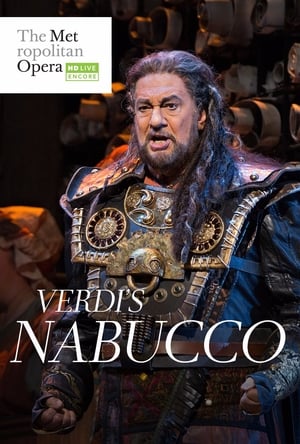 0.0
0.0Verdi: Nabucco(it)
The legendary Plácido Domingo brings another new baritone role to the Met under the baton of his longtime collaborator James Levine. Liudmyla Monastyrska is Abigaille, the warrior woman determined to rule empires, and Jamie Barton is the heroic Fenena. Dmitri Belosselskiy is the stentorian voice of the oppressed Hebrew people.
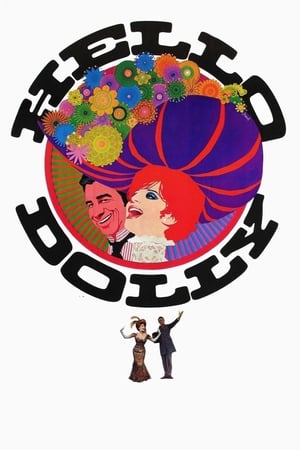 7.0
7.0Hello, Dolly!(en)
Dolly Levi is a strong-willed matchmaker who travels to Yonkers, New York in order to see the miserly "well-known unmarried half-a-millionaire" Horace Vandergelder. In doing so, she convinces his niece, his niece's intended, and Horace's two clerks to travel to New York City.
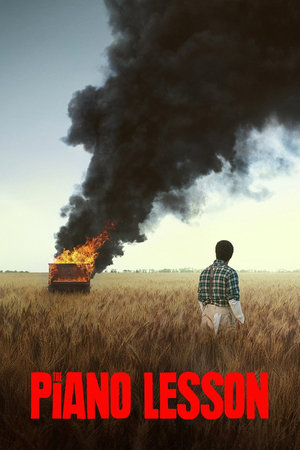 6.2
6.2The Piano Lesson(en)
A brother and sister's battle over a prized heirloom piano unleashes haunting truths about how the past is perceived — and who defines a family legacy.
